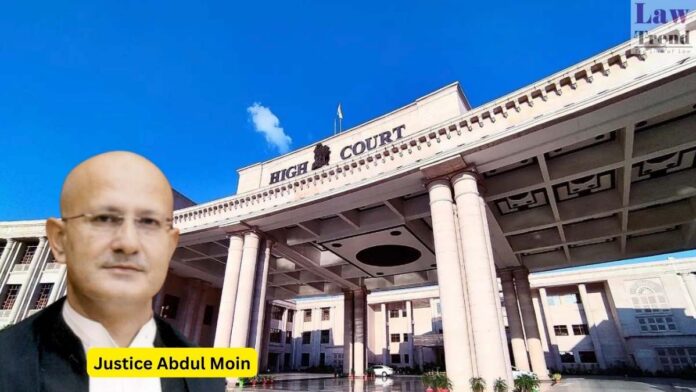In a significant judgment, the Allahabad High Court’s Lucknow Bench held that formal reinstatement is not a prerequisite for issuing a fresh suspension order after an earlier suspension is quashed. The decision, delivered by Justice Abdul Moin, clarifies key procedural aspects of suspension and employer-employee relationships, offering guidance for administrative and legal practices. Background of




